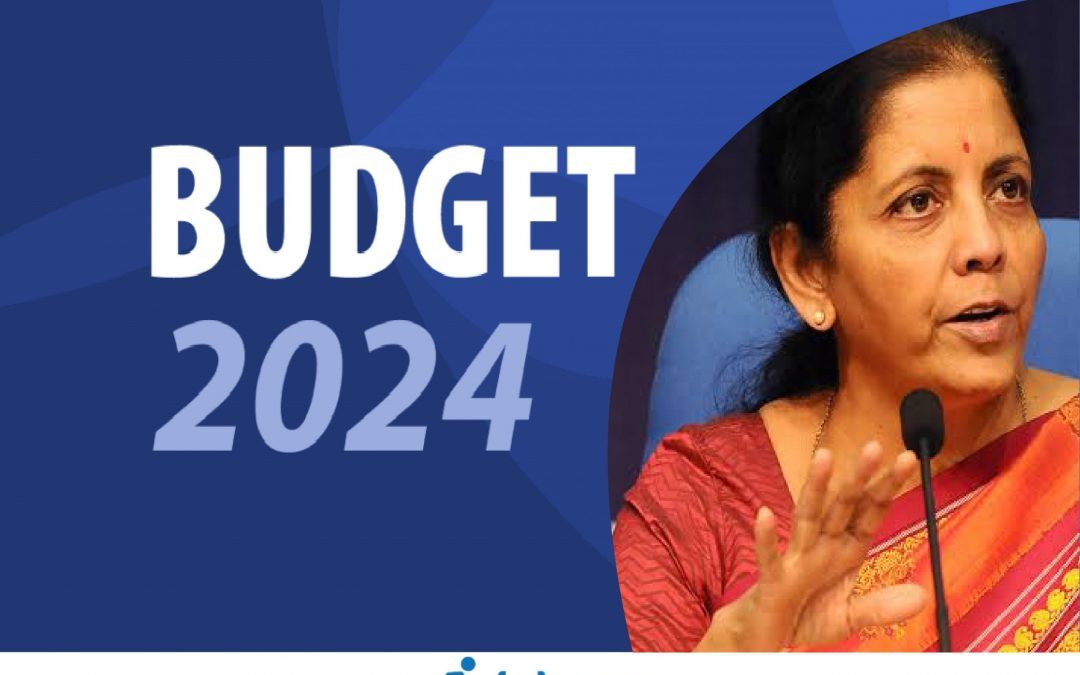‘Budget 2024’, whose presentation is set for February 1, 2024, awaits to be an interim financial plan. The main purpose is to make sure that the Government can steer through its revenue and expenditure worlds until a new government takes over after elections in parliament later this year. The Interim budget that Finance Minister Nirmala Sitharaman would be unveiling won’t have any “spectacular announcements,” which is indicative of clearly downbeat expectations with respect to radical changes.
However, even under a muted outlook, the sound economic performance amid inflationary challenges creates an opportunity for some adjustments. This may include correcting the current irregularities and strengthening savings for a common taxpayer. Although current tax rates for different groups of citizens are relatively low, especially within the context of simplified personal income in the previous budget, shareholders have questioned a 25 percent addition to those belonging to a higher tier. The government may consider a cut in the hopes of establishing an overall ceiling rate to apply to individuals.
To support the ‘Make in India’ program, it is anticipated that the 15% tax rate favoring new manufacturing agencies would be furthered beyond March 2024 by the Government.
One notable change in government policy is the abandonment of investment-linked deductions. The current cap of Rs 1,50,00 on these exemptions is deemed to be low, taking into consideration the increasing trend in income levels and inflation. As this change has caused a fall in the domestic savings rate, however, she can offset it by considering higher limits on investments linked to stock markets that include mutual funds, Unit Linked Insurance Plans, and exchange-traded funds. Moreover, there is consideration of increasing tax credit limits for health insurance premiums that are paid by individuals due to high costs in the medical industry.
With such massive infrastructure development plans around the country, the Government may also find ways to increase public funding for these projects. The proposal is to increase the limit for investments in NHAI bonds, currently limited up to Rs 50 lakhs, may be raised to Rs. 1 crore or a minimum of Rs 75 lakhs. This will help to stir indirect infrastructure funding and is in line with the general economic policy.
Looking at the problems faced by first-time homebuyers with heavy interest on their home loans and a Rs 200,000 limit for a permit to deduct interests paid from self-occupied houses is an agenda. This shift could reduce the burden on this section of society.
The fact that ‘securities transaction tax’ is imposed on investors and a 10% long-term capital gains tax charged from listed shares may persuade the government not to introduce modifications in this interim budget for fear of historical implications.
The manner in which the Government has handled this budget, just before the crucial Parliamentary election, is interesting. The observers are keen to measure the magnitude of changes in tax codes and the strategic direction chosen at this crucial time when traders merge into one entity.






